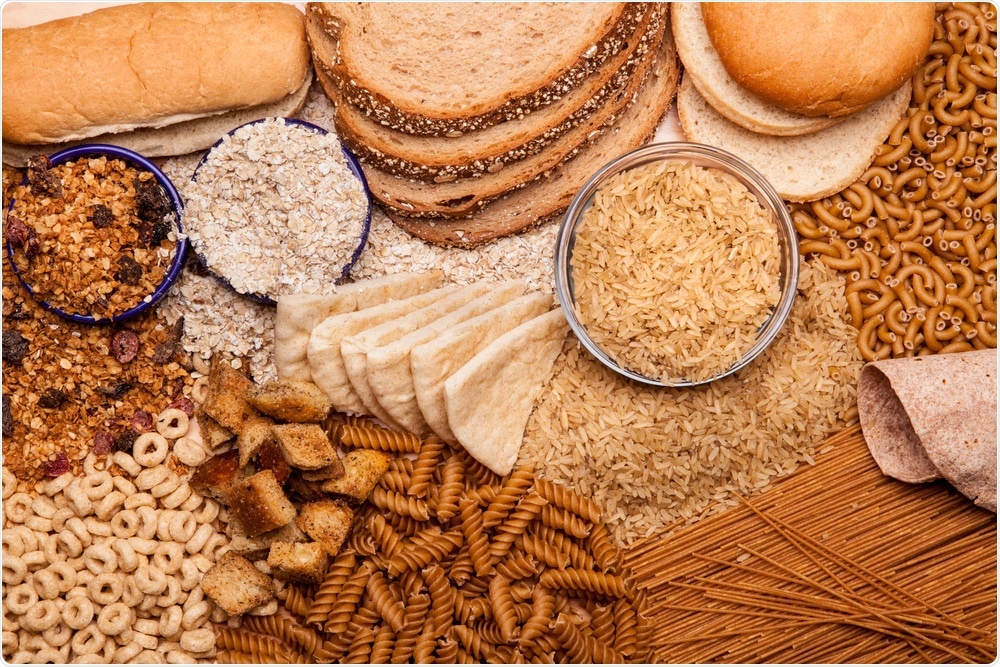A new analysis of more than 200,000 people found that eating high-quality carbohydrates, such as whole grains, was associated with a lower risk for type 2 diabetes.

Image Credit: Stephen Cook Photography/Shutterstock.com
"High intake of carbohydrates has been suggested to be associated with a higher risk of type 2 diabetes," said research team leader Kim Braun, Ph.D., from Erasmus University Medical Center and Harvard T.H. Chan School of Public Health.
We looked at whether this effect is different for high-quality carbohydrates and low-quality carbohydrates, which include refined grains, sugary foods, and potatoes."
Braun will present the new findings as part of NUTRITION 2020 LIVE ONLINE, a virtual conference hosted by the American Society for Nutrition (ASN).
Braun and colleagues analyzed data from three studies that followed health professionals in the U.S. over time. These included 69,949 women from the Nurses' Health Study, 90,239 women from the Nurses' Health Study 2, and 40,539 men from the Health Professionals Follow-up Study.
Collectively, the studies represented over 4 million years of follow-up, during which almost 12,000 cases of type 2 diabetes cases were documented.
The researchers observed a lower risk of type 2 diabetes when high-quality carbohydrates replaced calories from saturated fatty acids, monounsaturated fats, polyunsaturated fats, animal protein, and vegetable protein. They also found that replacing low-quality carbohydrates with saturated fats, but not with other nutrients, was associated with a lower risk of type 2 diabetes.
"These results highlight the importance of distinguishing between carbohydrates from high- and low- quality sources when examining diabetes risk," said Braun.
Conducting similar studies in people with various socio-economic backgrounds, ethnicities, and age will provide insight into how applicable these findings are for other groups."